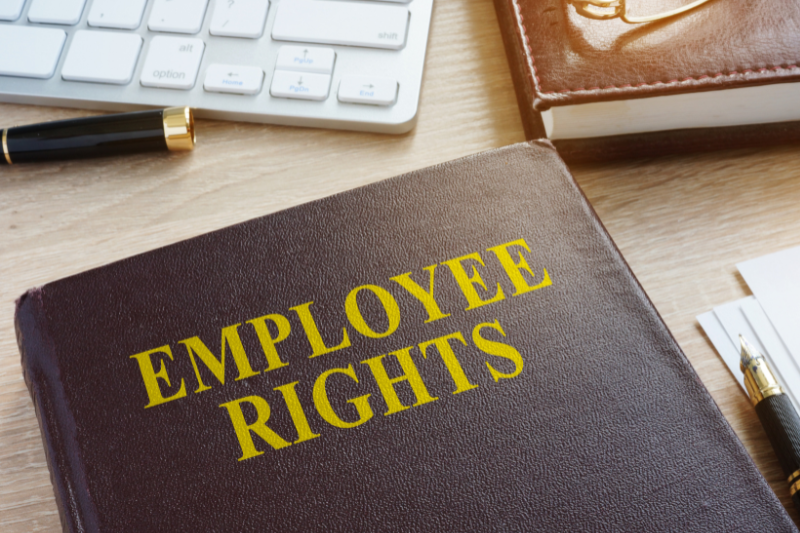
What to Do If You’re Fired in California
If you’ve been fired and you’re not sure if it was legal or not, the best thing to do is consult with an experienced California employment attorney. He or she will be able to review the circumstances of your case and advise you of your legal rights and options.
When is it legal for an employer to fire an employee in California?
There are a few situations in which it is legal for an employer to fire an employee in California. These include: If the employee has committed an act of misconduct, If the employee is not able to perform his or her job duties, If the employee is not a good fit for the company, If the company is going through a layoff or downsizing.
If you’ve been fired and you don’t believe that any of these situations apply to you, then it’s possible that your firing was illegal. Illegal firings can occur for a variety of reasons, including discrimination, retaliation, and more.
What are some signs that my firing may have been illegal?
There are a few signs that your firing may have been illegal. These include: If you were fired soon after filing a complaint against your employer, If you were fired soon after participating in an investigation against your employer, If you were fired for no apparent reason, If you were treated differently than other employees who committed similar offenses.
What are some remedies for an illegal firing in California?
There are a few remedies that may be available to you if you’ve been illegally fired in California.
These include: Reinstatement, Back pay, Front pay, Compensatory damages, Punitive damages, Attorney’s fees and costs.
When is it illegal for an employer to fire an employee in California?
Race, creed, color, national origin, ancestry, physical disability, mental disability, medical condition, genetic information, marital status, sex, gender identity, gender expression, age (over 40), sexual orientation
These are all protected characteristics under California law and it is illegal for an employer to terminate an employee based on any of them. Additionally, employers cannot retaliatory fire employees who have reported discrimination or harassment in the workplace.
What are some examples of discriminatory reasons for firing an employee in California?
Employers cannot fire employees based on their race, religion, gender, or national origin. Additionally, employers cannot fire employees who have filed a complaint about discrimination or harassment.
What are some examples of retaliatory reasons for firing an employee in California?
Employers cannot fire employees who have filed a complaint about discrimination or harassment. Additionally, employers cannot fire employees who have refused to engage in illegal activity.
What should I do if I think I’ve been wrongfully fired in California?
If you think you’ve been wrongfully fired in California, the best thing to do is consult with an experienced California employment attorney. He or she will be able to review the circumstances of your case and advise you of your legal rights and options. Additionally, an attorney can help you file a claim against your employer if necessary.
What are the exceptions to California’s at-will employment rule?
There are a few exceptions to California’s at-will employment rule. These include: public policy exceptions, implied contract exceptions, and covenant of good faith and fair dealing exceptions. Public policy exceptions protect employees from being fired for reasons that would violate the public interest. For example, an employee cannot be fired for reporting illegal activity by their employer. Implied contract exceptions protect employees from being fired if there is an implied contract that says they can only be fired for cause. For example, if an employee handbook says that employees can only be fired for cause, then the employee may have an implied contract exception. The covenant of good faith and fair dealing exception protects employees from being fired in a way that violates the good faith and fair dealing clause in their employment contract. For example, an employee cannot be fired in a way that prevents them from receiving their earned commissions.
Need help with a California employee rights issue?
Our California employee rights attorneys can help. We have represented employees in a wide variety of cases, including wrongful termination, harassment, and discrimination. We know the laws and we know how to get results.
Contact our office today to schedule a free consultation. We will answer your questions and help you decide if filing a lawsuit is right for you.
Don’t wait, call us today. The sooner you call, the sooner we can help.
